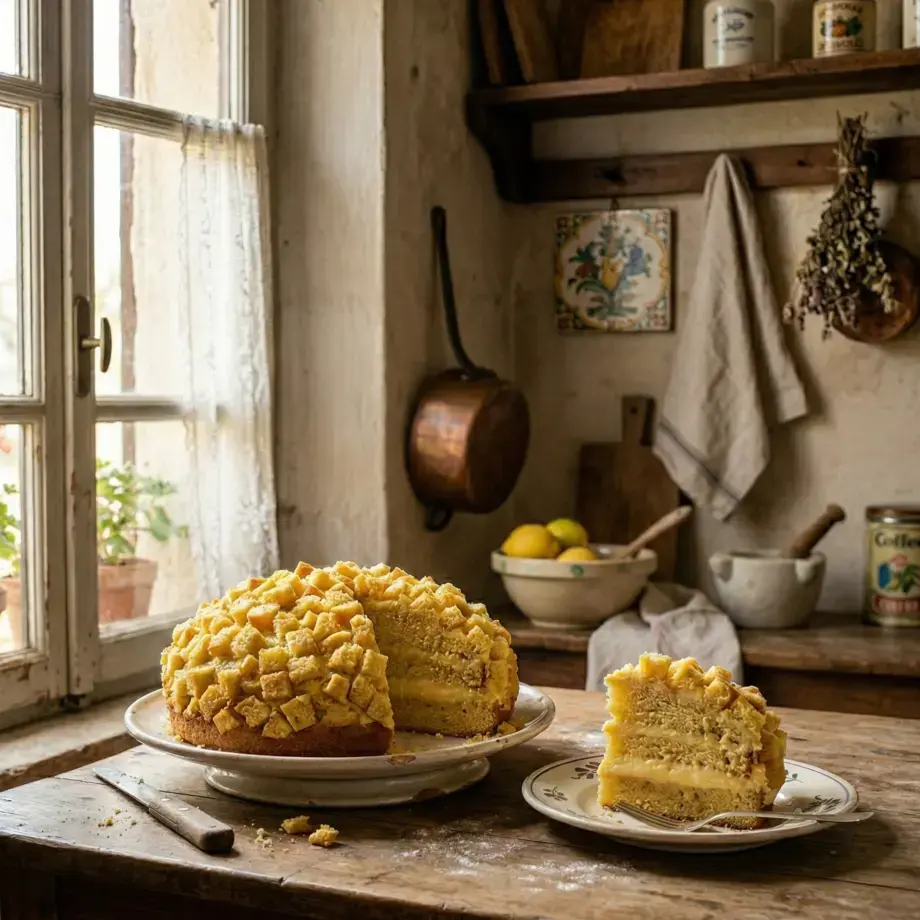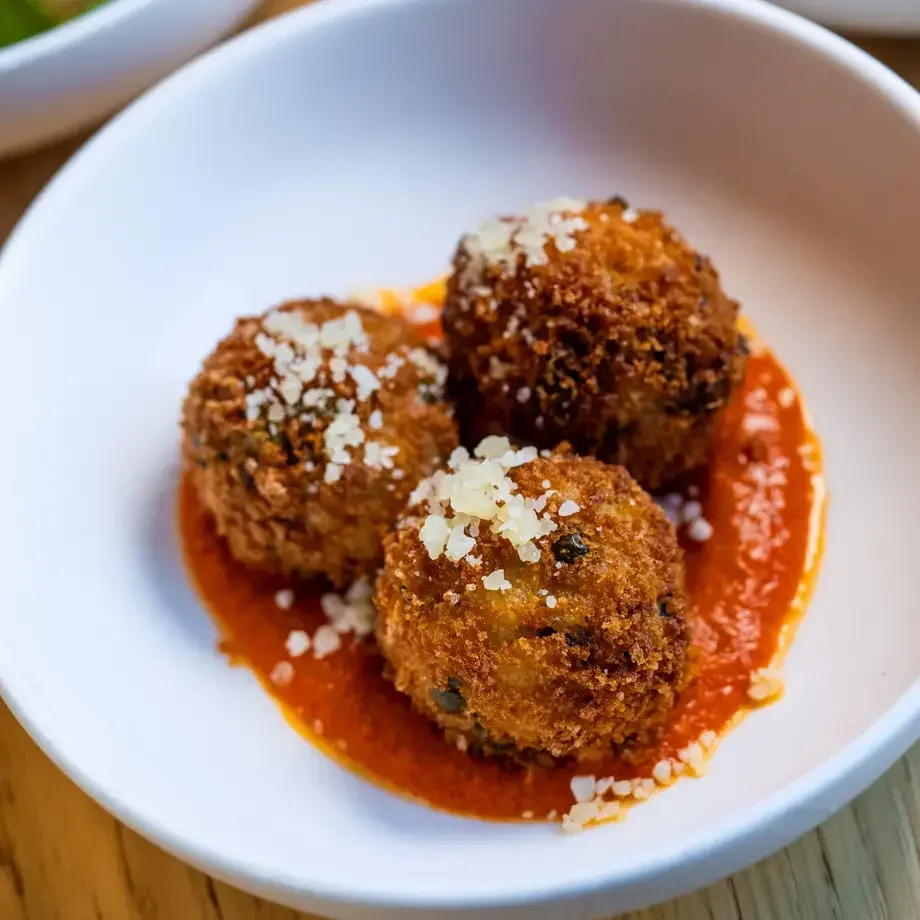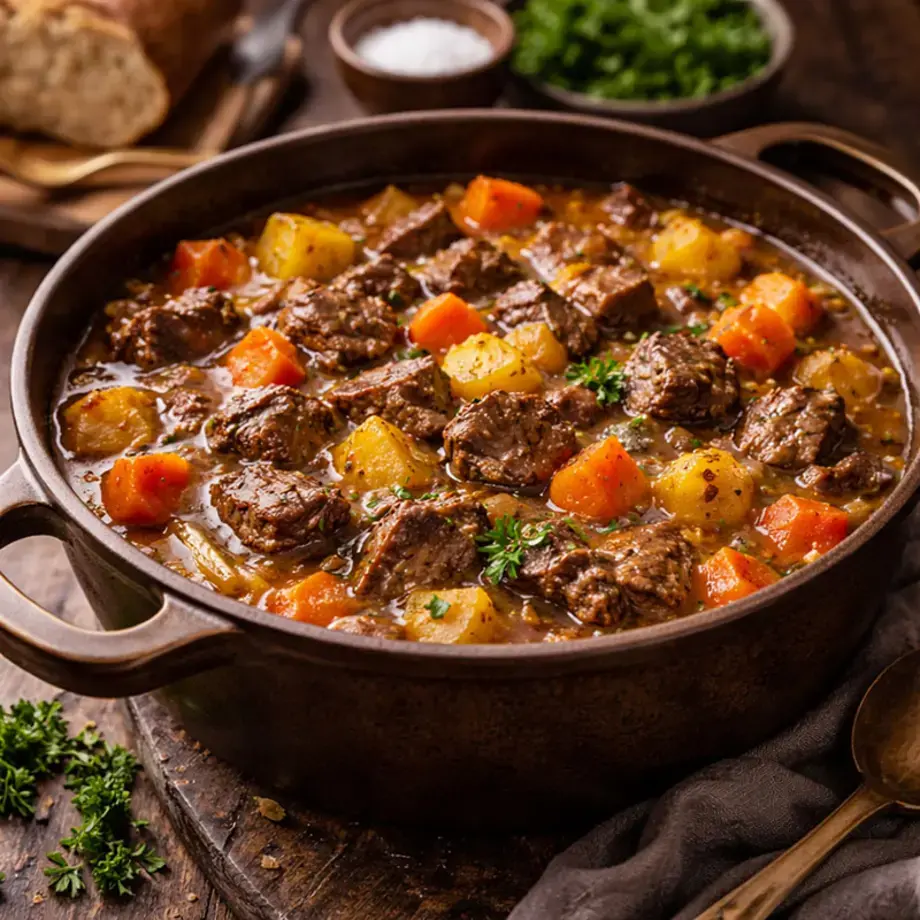Chef Muhammad Afif Adnanta won the San Pellegrino Award for Social Responsibility for Asia Region.
100 g
Garlic: 60 g
Candlenut: 30 g
Coconut milk: 600 ml
Palm sugar: 25 g
Coriander: 15 g
Lemongrass: 1 stalk
Bay: 3 pieces
Kaffir lime: 5 pieces
Ginger: 10 g
Galangal: 10 g
Long bean: 150 g
Carrots: 100 g
Daikon: 180 g
Soybean tempe: 80 g
Chayote: 120 g
Melinjo leaf: 3 pieces
Melinjo: 80 g
Calamari head: 100 g
Squid ink: 10 g
Eggplants: 3 pieces
Coconut milk: 200 ml
Coconut charcoal
Salt: to taste
Black pepper: to taste
Onion: 1 bulb
Fermented coconut milk: 120 g
Coriander seeds: 30 g
Palm sugar: 12 g
Kaffir lime: 1 pieces
Lemongrass: 1/2 pieces
Potatoes: 2 pieces
Coriander seeds: 30 g
Lemongrass: 1 pieces
Salam leafs: 2 pieces
Coconut oil: 40 g
Butter: 120 g
Egg yolks: 3 pieces
Caster sugar: 20 g
Ginger: 10 g
Lime zest: 20 g
Lime juice: 30 g
Squid ink: 25 ml
Rice vinegar: 100 g
Salt: 5 g
Water: 110 ml
Coconut oil: 10 ml
Muhammad Afif Adnanta shares his modern interpretation of lodeh, a simple and nutritious Indonesian dish, which reminds him of home.
Lodeh centres on a coconut milk based soup with simple vegetables, which can be combined with any number of proteins, from chicken and beef, to lamb or seafood in coastal areas, or even tempe (fermented soybean cake) for vegetarians and vegans.
Adnanta is a strong believer in sustainability and minimising his carbon footprint in the kitchen. “Usage of local ingredients benefits the community and decreases any unwanted wastage of products,” he says. He chooses to use coconut milk instead of dairy milk in this recipe, not only because it’s healthy and nutritious, but because of its sustainability credentials. Coconuts grow all year round and can be harvested at any time throughout the year, when the fruit is ripe. The coconut tree itself can also be used, from root to leaf.
Adnanta says the dish is open to creative interpretation depending on which flavours you prefer. ”Add more coconut milk for milder lodeh or add chilli for more spiciness to tingle the tongue. Any sweet and earthy vegetable can be added too,” he says.
Find out how to make Adanta’s version of lodeh, step by step in the recipe below:
Blend shallot, garlic, candlenut, palm sugar and coconut milk until smooth.
Heat oil in a pot over medium-high heat. Fry the spice paste until fragrant for about 5 minutes.
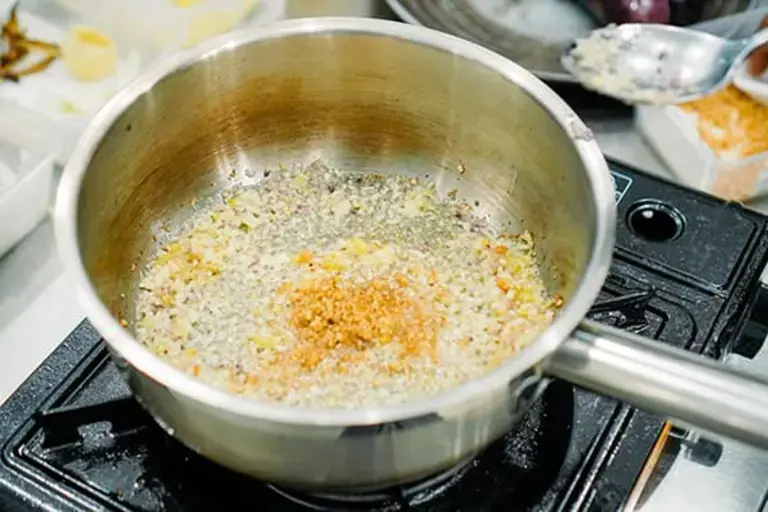
Add bay leaf, kaffir lime leaf, thinly-sliced galangal, ginger, lemongrass and coriander seed. Stir for another minute.
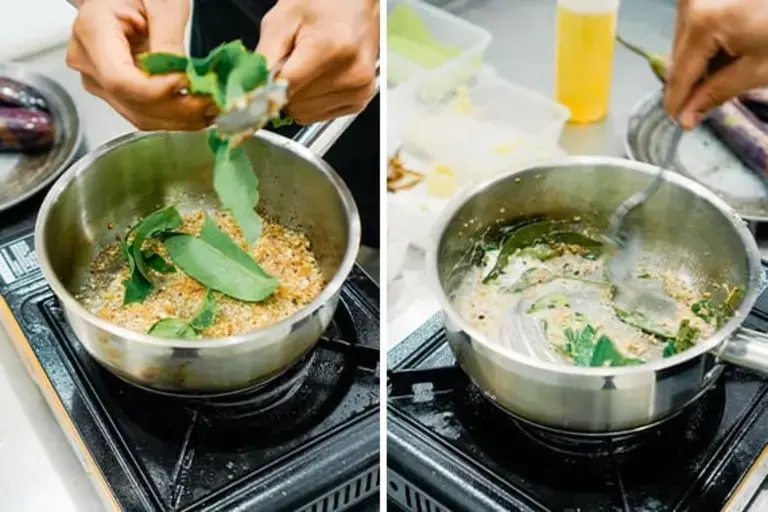
Add long beans, eggplants, soybean tempeh, and chayote. Once it boils again, reduce the heat to a simmer.
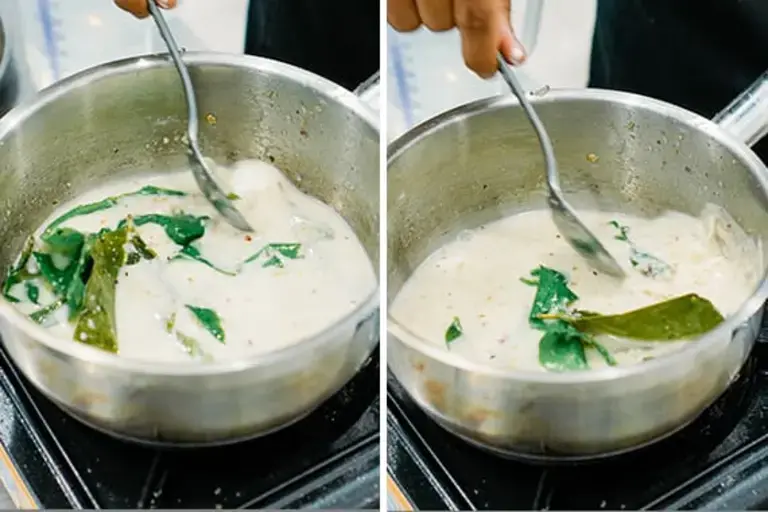
Add squid ink, calamari for flavour, and reduce liquid until fragrant, then season with salt, pepper and butter.
Turn off the heat, transfer to a serving bowl, and serve immediately.
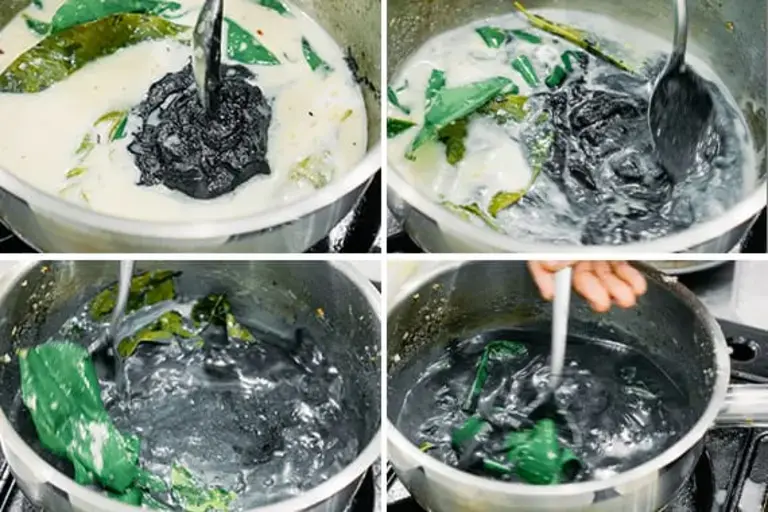
Grill Aubergine under coconut charcoal (on stove if charcoal not available), cook until soft. Peel charred aubergine and blend until smooth, season with salt, pepper, butter and coconut milk. Strain through sieve until smooth.
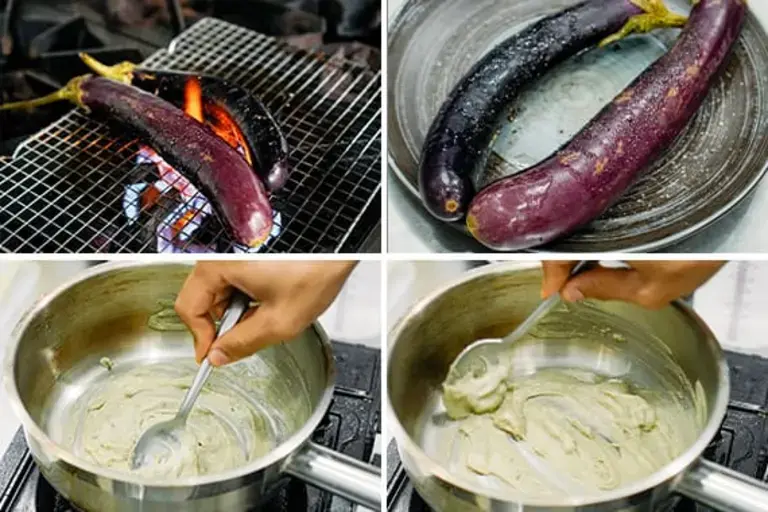
Peel the onion, cook in medium heat with reduction fermented coconut, coriander, kaffir lime until fragrant. Caramelise onion until brown, add a little bit of brown and caramelised onion, season with lime and coriander.
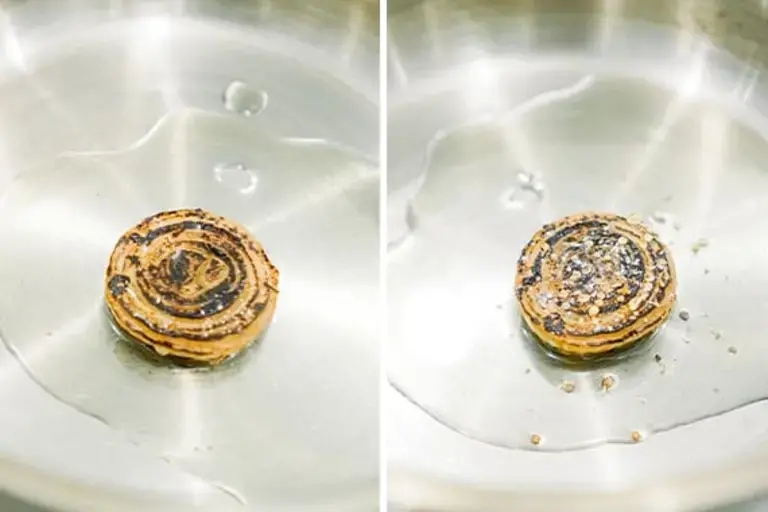
Peel baby potato and make bowl shaped with parisienne cutter, confit in oil with lemongrass, salam leaves, coconut oil, butter, lemongrass, butter, and salt and pepper until tender. Whisk egg yolk, sugar, ginger, lime zest, lime juice until smooth, fluffy and foamy. Fill baby potato with kaffir lime sabayon.
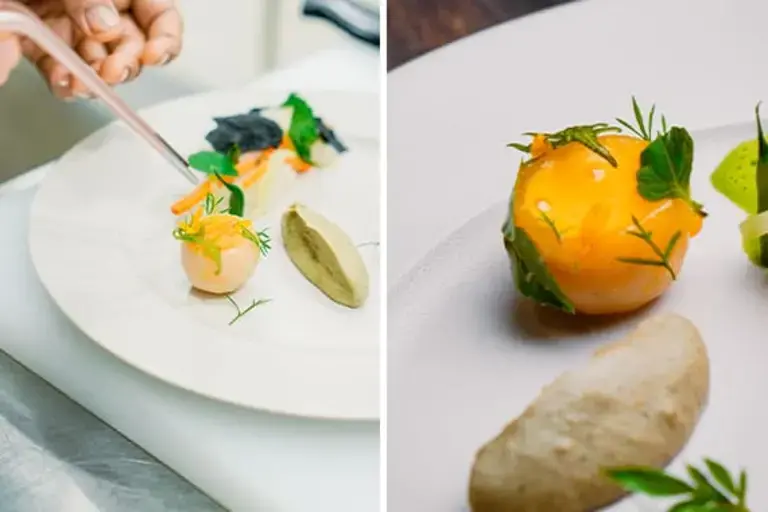
Soak rice in water for 20 minutes, simmer until soft then add black squid ink, salt, coconut oil and stir gently. Spread on tray underlined with baking paper, and hydrate at 60*C until dry. Break dried chip into pieces and fry in oil.
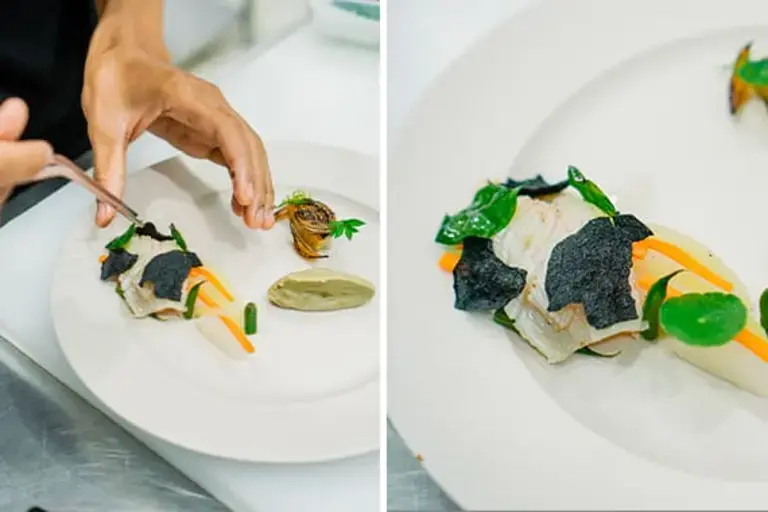
The final dish.



